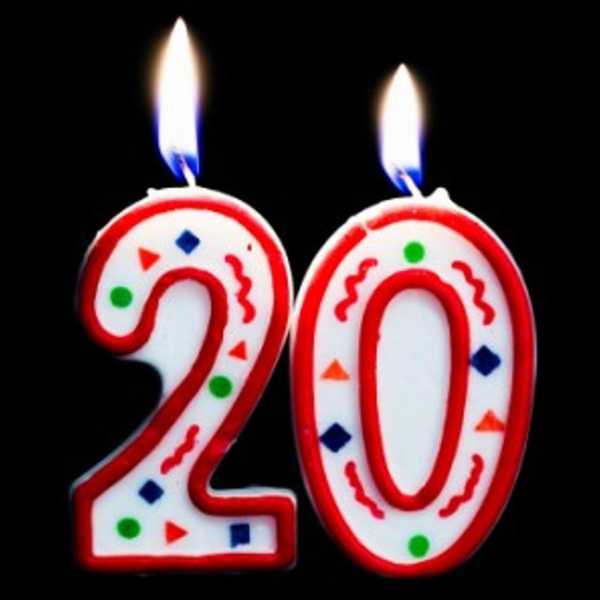Young Californians, be you a surfer dude, valley girl, or even a future tech mogul, this is for you.
"Living in California//Everybody wanna visit for (women, weed and weather)" sing California natives Kendrick Lamar and Dr. Dre in their California anthem "The Recipe". The song embraces California's culture, which the artist believes revolves around the three W's: women, weed (marijuana), and weather. Undoubtedly, the last two are most indicative of a quintessential day in California: a beautiful blue sky juxtaposed by a heavy cannabis cloud. Constant sunshine and palm trees have come to be the factors that many cite as their reason for living out West. Just as equally, marijuana has come to be a part of California's culture, despite the state only being the 10th Stoner State in the United States.
This piece not going to indulge in the history of marijuana, as in how it came to be used for recreational purposes, or much of its medicinal benefits. It will rather discuss the drug's path to criminalization in California, the battles towards decriminalization, as well as the advantages and disadvantages of Proposition 64 (the most recent proposition for marijuana legalization placed on the ballot).
Cali's relationship problems with Mary Jane really began in 1913, when California added marijuana to a list of prohibited drugs in the Poison Act of 1907. More than 5 decades later, during the hippie era, California made its first attempt at legalizing the drug independently of the federal government. The first notable initiative towards this goal was Prop 19 in 1972. The prop would have decriminalized personal usage of marijuana, as well as "possession and cultivation" for folks as young as 18. Suffice it to say, the overwhelming majority of Californians (66.5%) voted against the proposition. Another state-wide marijuana-related reform was the Moscone Act of 1976, which sought to fix the clogging of the justice system. According to research conducted by the California Senate Select Committee on the Control of Marijuana at the time "90% of marijuana arrests were for simple possession." The California Senator George Moscone introduced the bill, which would make possession of the drug a misdemeanor rather than a felony (it would not be signed into law until Jerry Brown's first terms as governor). During that same decade, voters in the city of Berkeley, CA passed the Berkeley Marijuana Initiatives I and II. The former, passed in 1973, prevented police officers from making marijuana-related arrests without approval from the city counsel. The latter initiative, passed 6 years later in 1979, made these arrests the police's lowest priority.
In the following decades, Mary Jane would experience some additional wins with California. The 1990s saw an overwhelming transition in Californian's attitude towards marijuana. In addition to the cultural aspects, the release of Dr. Dre's " The Chronic", the 1990s also saw some legislative shifts in relation to the drug.
In 1992, the city of San Francisco, CA announced that it would no longer heavily prioritize marijuana arrests. A decade later in 2005 its neighbor East of the Bay, Oakland, passed a measure to tax the drug. This made the sale and adult use of marijuana legal. The measure also stated that the city would "lobby the state to stop prosecutions for private use of marijuana." Then, in 2010, the city's council voted for the approval of a city-wide plan to cultivate cannabis. Though this project never saw the day, due to the Federal government's it was huge step in California and Mary Jane's relationship. That same year, then-California governor, Arnold Schwarzenegger signed a bill making the possession of an ounce or less of marijuana a "civil infraction" similar to running a stop sign, further lowering its criminality. Also in 2010, Prop 19 was yet again placed on the ballot. This would have legalized marijuana sale to adults aged 21 and over and allow for state tax collection on those sales. Again, nearly 4 decades after the first Prop 19, the proposition failed; this time, 46% of Californians voted for it. These legislative and ideological shifts were a clear sign that times were indeed a-changing.
Fast forward to today and here we find ourselves with yet another proposition to, in the words of stoners and marijuana activists everywhere, "legalize it!" -- Prop 64. Prop 64 is presented on the ballot as the proposition that will legalize marijuana under California law. However, there's more to it than that. It legalizes the use of weed for adults aged "21 or older" and imposes a state tax on "sales and cultivation"; these specifics are quite significant.
For starters, sponsors of the proposition were quite vocal about Prop 64 taking into account the safety of children. They advocate for a law that will "ensure that marijuana is not advertised or marketed to children" and call for a ban on edibles and packages that may appeal to children. With this as its goal, Prop 64 will also provide funds for "drug education" and "prevention and treatment programs aimed at teens." Though it loosens regulations on possession and use, the proposition also aims to wage a war against teenage substance abuse. This is quite significant seeing as a great number of teens between the ages of 12 and 18 (44-53%) have smoked marijuana at some point in their lifetime and . Secondly, Prop 64 is quite economically beneficial to California. By taxing the sale and cultivation of marijuana, California would receive close to $1 billion in additional annual revenue (at least in theory). Furthermore, making marijuana possession legal should greatly reduce the state's criminal justice costs, which are currently around some "tens of millions of dollars."
However, the proposition has its drawbacks. A study on the possible effects of marijuana legalization in California, conducted in 2010 when Prop 19 was placed on the ballot, found that the price of the drug would considerably drop (by as low as 80%). This price cut would then lead to social shifts such as an increase in consumption, though this increase may not be any higher than usual. Furthermore, the economic aspects of marijuana legalization are not so black and white. The study found that the tax imposed on the sale and cultivation of cannabis could easily be lower than the estimated $1 billion revenue. This is because other factors are in play, most notably the federal government's reaction to the legalization of marijuana in yet another state.
All in all, Prop 64 does not come as a step in a new direction for California and Marijuana's relationship. If anything, it is just another late-night fight between the two lovers. Nonetheless, it could just as well lead to a change. One reason given for Prop 19's failure in 2010 is that it was placed on the ballot during the gubernatorial elections. The logic there is that young adults, who are most likely to vote for the legalization of marijuana, tend to not vote during these elections. Aside from a fundamental change in mindset, the difference, this time, is that Prop 64 will be placed on the ballot during the general election. Young Californians everywhere, who believe marijuana should be made legal will now have the chance to make this happen.
The hope is that this article has provided you with a clear history behind the relationship between Cali and Mary Jane, as well as a better understanding of the implications of legalizing marijuana. Now go forth and cast an educated vote!























